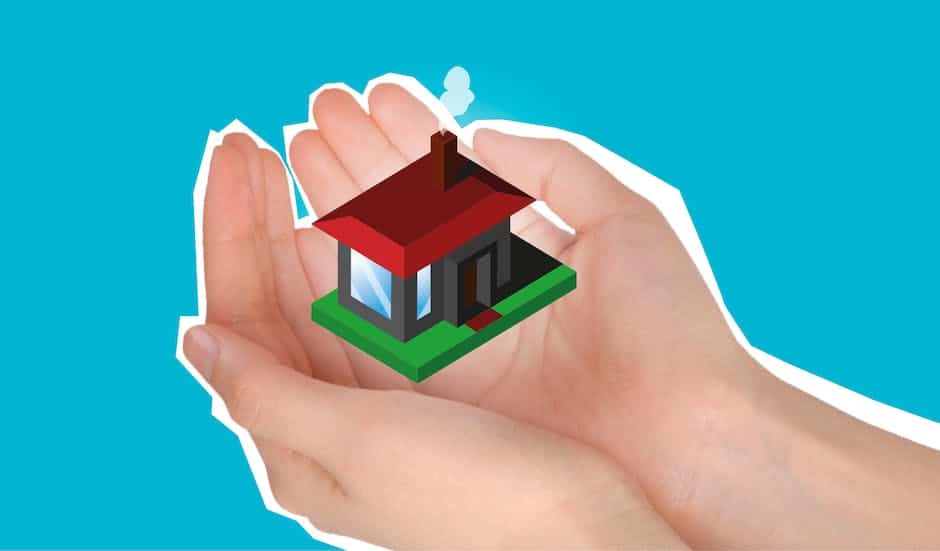
The Power of Convertible Debt in Real Estate Investing
Real estate investing is a popular way to build wealth and diversify one’s investment portfolio. One lesser-known but powerful financing tool in this industry is convertible debt. This article will explore the power of convertible debt in real estate investing, providing valuable insights for investors, homeowners, first-time home buyers, and real estate agents.
What is Convertible Debt?
Convertible debt, also known as convertible loans or convertible notes, is a type of financing instrument that allows the lender to convert the debt into equity in the borrower’s company or property. This means that instead of receiving repayment in cash, the lender can choose to become a part-owner of the asset. Convertible debt is often used by startups and early-stage companies, but it can also be a powerful tool in real estate investing.
Benefits of Convertible Debt in Real Estate Investing
There are several advantages to using convertible debt in real estate investing, which include:
- Flexibility: Convertible debt offers flexibility for both the borrower and the lender. The borrower can choose to repay the loan in cash or convert it into equity, while the lender can decide whether to receive repayment in cash or become a part-owner of the property.
- Lower interest rates: Convertible debt typically carries lower interest rates compared to traditional loans, as the lender has the potential to benefit from the property’s appreciation through equity conversion.
- Less dilution: Convertible debt can help property owners avoid diluting their ownership stake, as the debt can be converted into equity at a later date, rather than issuing new shares upfront.
- Alignment of interests: Convertible debt aligns the interests of the borrower and the lender, as both parties stand to benefit from the property’s appreciation.
Examples of Convertible Debt in Real Estate Investing
Convertible debt can be used in various real estate investing scenarios, such as:
- Property development: A developer may use convertible debt to finance a new construction project. The lender can choose to convert the debt into equity in the completed property, benefiting from its appreciation.
- Property acquisition: An investor may use convertible debt to purchase a property, with the lender having the option to convert the debt into equity at a later date.
- Property renovation: Convertible debt can be used to finance property renovations, with the lender having the option to convert the debt into equity once the renovations are complete and the property’s value has increased.
Case Study: Convertible Debt in Action
A real estate investor, John, wants to purchase a property for $500,000. He has $250,000 in cash but needs additional financing to complete the acquisition. John approaches a private lender, Susan, who agrees to provide a $250,000 convertible loan with a 5% interest rate and a three-year term.
At the end of the three-year term, the property has appreciated to $600,000. Susan has the option to either receive repayment of her $250,000 loan plus interest or convert the debt into a 25% ownership stake in the property. If Susan chooses to convert the debt into equity, she would own a $150,000 stake in the property, representing a $25,000 gain on her initial investment.
This example demonstrates the power of convertible debt in real estate investing, as both John and Susan benefit from the property’s appreciation.
Convertible Debt vs. Traditional Loans
While convertible debt offers several advantages, it’s essential to compare it with traditional loans to determine the best financing option for your real estate investment. Some key differences include:
- Interest rates: Convertible debt typically carries lower interest rates compared to traditional loans, as the lender has the potential to benefit from the property’s appreciation through equity conversion.
- Repayment terms: Traditional loans require regular principal and interest payments, while convertible debt may offer more flexible repayment terms, such as interest-only payments or deferred interest payments.
- Equity conversion: Convertible debt allows the lender to convert the debt into equity in the property, while traditional loans do not offer this option.
Conclusion: The Power of Convertible Debt in Real Estate Investing
In conclusion, convertible debt is a powerful financing tool in real estate investing, offering flexibility, lower interest rates, and alignment of interests between the borrower and the lender. By understanding the benefits and potential applications of convertible debt, investors, homeowners, first-time home buyers, and real estate agents can make more informed decisions about their financing options and ultimately achieve greater success in their real estate endeavors.